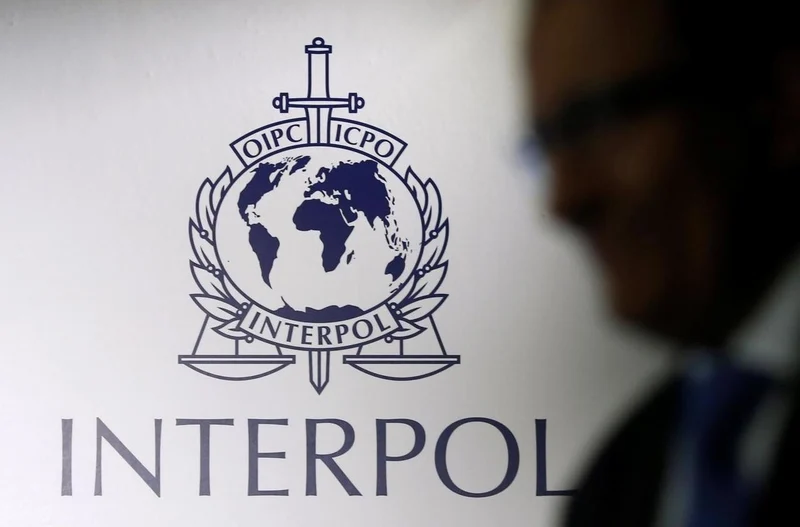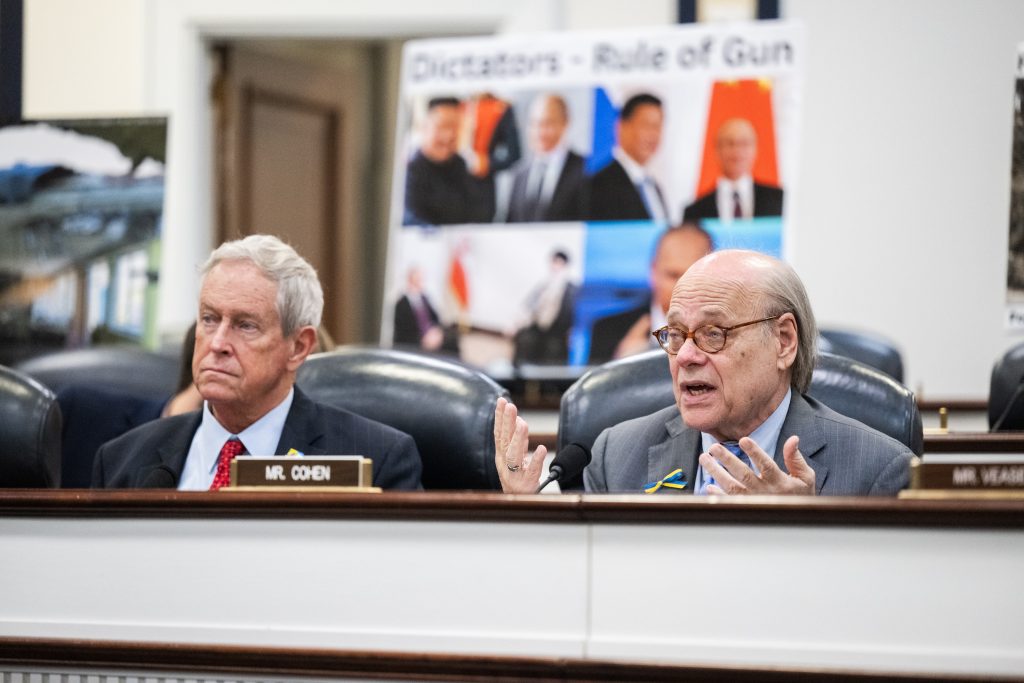Madam President, earlier this year I chaired a Helsinki Commission hearing on the situation in Hungary. Today, I would like to revisit some of the issues addressed by our witnesses.
Since the April 2010 elections, Hungary has undertaken the most dramatic legal transformation that Europe has seen in decades. A new Constitution was passed with votes of the ruling party alone, and even that has already been amended five times. More than 700 new laws have been passed, including laws on the media, religion, and civic associations. There is a new civil code and a new criminal code. There is an entirely new electoral framework. The magnitude and scope of these changes have understandably put Hungary under a microscope.
At the Helsinki Commission’s hearing in March, I examined concerns that these changes have undermined Hungary’s system of democratic checks and balances, independence of the judiciary, and freedoms of the media and religion. I also received testimony about rising revisionism and extremism. I heard from Jozsef Szajer, a Member of the European Parliament who represented the Hungarian Government at the hearing. Princeton constitutional law expert Kim Lane Scheppelle, Dr. Paul Shapiro from the U.S. Holocaust Memorial Museum, and Sylvana Habdank-Kolaczkowska from Freedom House presented compelling testimony.
Unfortunately, developments in Hungary remain troubling.
Even though Hungary’s religion law was tweaked after the Constitutional Court struck down parts of it, it retains a discriminatory two-tier system. Moreover, the Parliament is empowered with the extraordinary and, for all practical purposes, unreviewable power to decide what is and what is not a religion.
This month, the government announced it is launching an investigation into the Methodist Evangelical Church, a church persecuted during communist times. Today, the Methodist Evangelical Church is known for its outreach to Roma, work with the homeless and is one of the largest charitable organizations in Hungary. As I noted at the Helsinki Commission hearing in March, it is also one of the hundreds of religious groups stripped of official recognition after the passage of Hungary’s new religion law.
The church has now complied with submitting the necessary number of supporters required by the law and, as a reply, the government has announced an unidentified “expert” will conduct an investigation into the church’s beliefs and tenets. This step only reinforces fears that parliamentary denial of recognition as a so-called “Accepted Church” opens the door for further repressive measures.
Veneration of Hungary’s wartime regent, Miklos Horthy, along with other anti-Semitic figures such as writer Jozsef Nyiro, continues. In November, a statue of Hungarian Jewish poet Miklos Radnoti, who was killed by Hungarian Nazis at the end of 1944, was rammed with a car and broken in half. At roughly the same time, extremists staged a book burning of his works along with other materials they called “Zionist publications.” At the beginning of December, two menorahs were vandalized in Budapest.
Reflecting the climate of extremism, more than 160 Hungarian nationals have been found by Canada this year to have a well-founded fear of persecution. Almost all are Romani, but the refugees include an 80-year-old award winning Hungarian Jewish writer who received death threats after writing about anti-Semitism in Hungary, and was stripped of his honorary citizenship of Budapest on an initiative from the far-right Jobbik party, supported by the votes of the ruling Fidesz party.
While there are many who suggest the real problem comes from the extremist opposition party Jobbik, and not the ruling government, it seems that some members of Fidesz have contributed to a rise in intolerance.
I am particularly troubled that the government-created Media Council, consisting entirely of Fidesz delegated members, has threatened ATV–an independent television station–with punitive fines if it again characterizes Jobbik as extremist. If you can’t even talk about what is extremist or anti-Semitic in Hungary without facing legal sanctions, how can you combat extremism and anti-Semitism? Moreover, this decision serves to protect Jobbik from critical debate in the advance of next year’s elections. Why?
Other new measures further stifle free speech.
Unfortunately, and somewhat shockingly, last month Hungary amended its defamation law to allow for the imposition of prison terms up to 3 years.
The imposition of jail time for speech offenses was a hallmark of the communist era. During the post-communist transition, the Helsinki Commission consistently urged OSCE countries to repeal criminal defamation and insult laws entirely. In 2004, for example, the Helsinki Commission wrote to Minister of Justice Peter Barandy regarding the criminal convictions of Andras Bencsik and Laszlo Attila Bertok.
This new law, raced through under an expedited procedure in the wake of a bi-election controversy in which allegations of voter manipulation were traded, was quickly criticized by the OSCE representative on Freedom of the Media. I share her concerns that these changes to the criminal code may lead to the silencing of critical or differing views in society and are inconsistent with OSCE commitments.
Hungary was once held up as a model of peaceful democratic transition and is situated in a region of Europe where the beacon of freedom is still sought by many today. I hope Hungary will return to a leadership role in the protection of human rights and the promotion of democracy.







